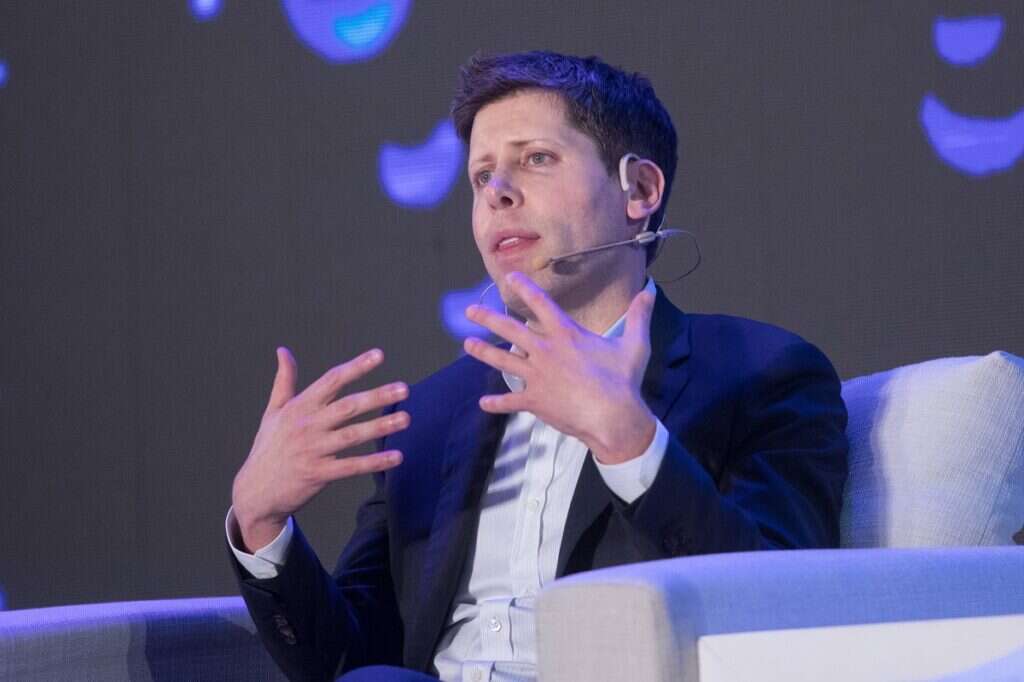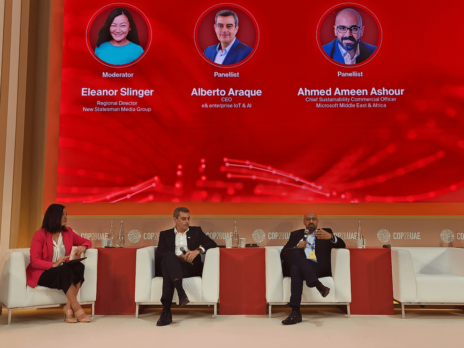Our look back at the big tech stories of 2023 turns to November, when the UK was thrust into the AI spotlight.
After months of planning, November saw political and tech leaders from around the world descend on Buckinghamshire for the UK government’s international AI safety summit.
Held at World War Two code-breaking headquarters Bletchley Park, the summit was part of prime minister Rishi Sunak’s big pitch to put the UK at the centre of the global debate about regulating artificial intelligence systems.
Did it succeed? Well, it depends who you talk to, but certainly Sunak was happy to have convinced the 28 countries present to sign the Bletchley Declaration, an agreement to work together to look at the opportunities and risk posed by AI. Persuading both the US and China, which are engaged in a bitter tech trade war, to sign the declaration was at least a diplomatic triumph, though the terms of the agreement itself are fairly vague.
Of more interest to tech leaders was the announcement of a new £225m supercomputer that will be the fastest in the UK when it is built at the University of Bristol. Hewlett Packard Enterprise has been selected to deliver the high-performance machine, which will be available to businesses and researchers so that they can harness the power of AI.
Sunak also revealed more details of the UK’s new AI safety institute, though his thunder was stolen slightly by the US government announcing its plan to form a similar organisation. None the less, the prime minister managed to secure commitments from leading AI labs, including OpenAI and Anthropic, that they would submit new AI models to the safety institute for inspection and testing. How this will work in practice remains to be seen.
Tech world grabs popcorn for OpenAI drama
In a turn of events which feels like a Netflix limited series waiting to happen, OpenAI was thrown into turmoil by the firing – and rehiring – of CEO Sam Altman.

Altman was dismissed on Friday, 17 November, with the company’s board saying a review had found he was “not consistently candid in his communications with the board, hindering its ability to exercise its responsibilities.” At the time, the company’s directors sat in a non-profit organisation tasked with a mission to develop safe advanced generative AI, whereas the profit-making side of the business, led by Altman, had been focused on growing commercially, and it is thought tensions between these two competing ambitions led to Altman’s ousting.
CTO Mira Murati was installed as interim CEO, but this arrangement did not last for long as it soon became apparent that the company’s staff were fully behind Altman, with many taking to social media to express their support.
The following Monday it was announced Altman and OpenAI co-founder Greg Brockman, who had also left the company, would be joining Microsoft – which regular readers will remember is heavily invested in OpenAI’s technology – to head up a new AI team. This was swiftly followed by an open letter from the ChatGPT maker’s team to its board, in which they threatened to walk out and join Altman at MSFT unless the CEO was reinstated.
After 24 hours of negotiations, Altman was reinstated to his old role, working under a new group of directors headed by ex-Salesforce CEO Bret Taylor. It means the company which kickstarted the AI revolution is likely to have a renewed commercial focus heading into 2024.







